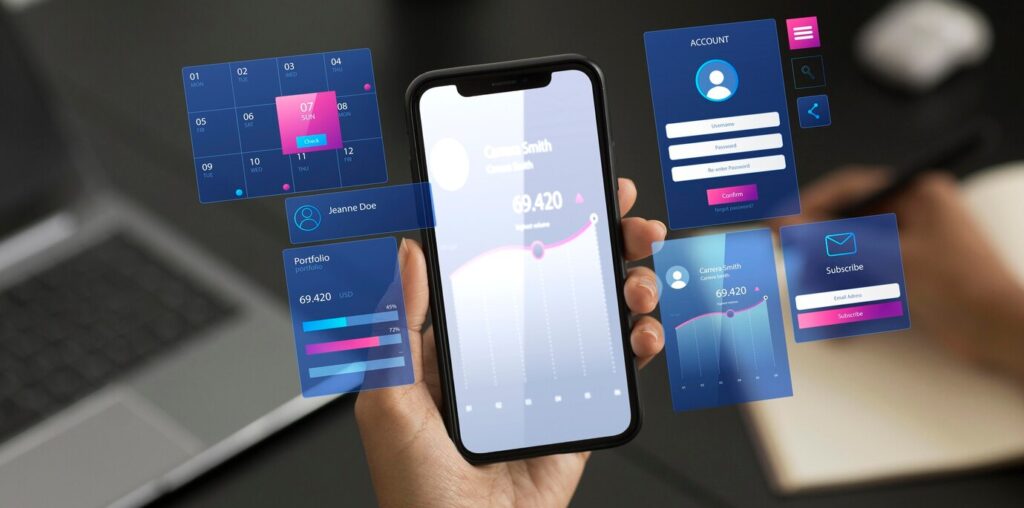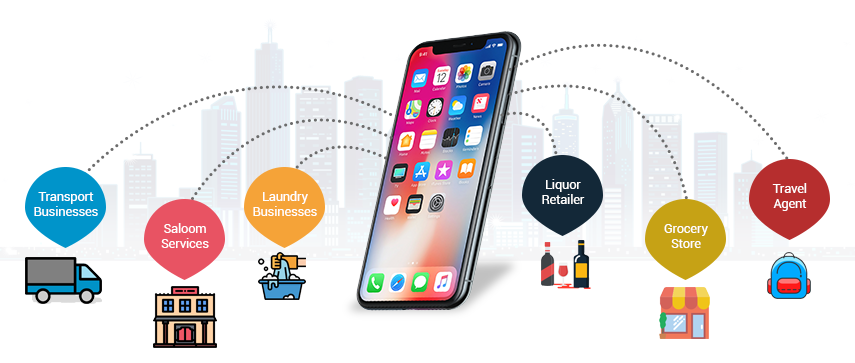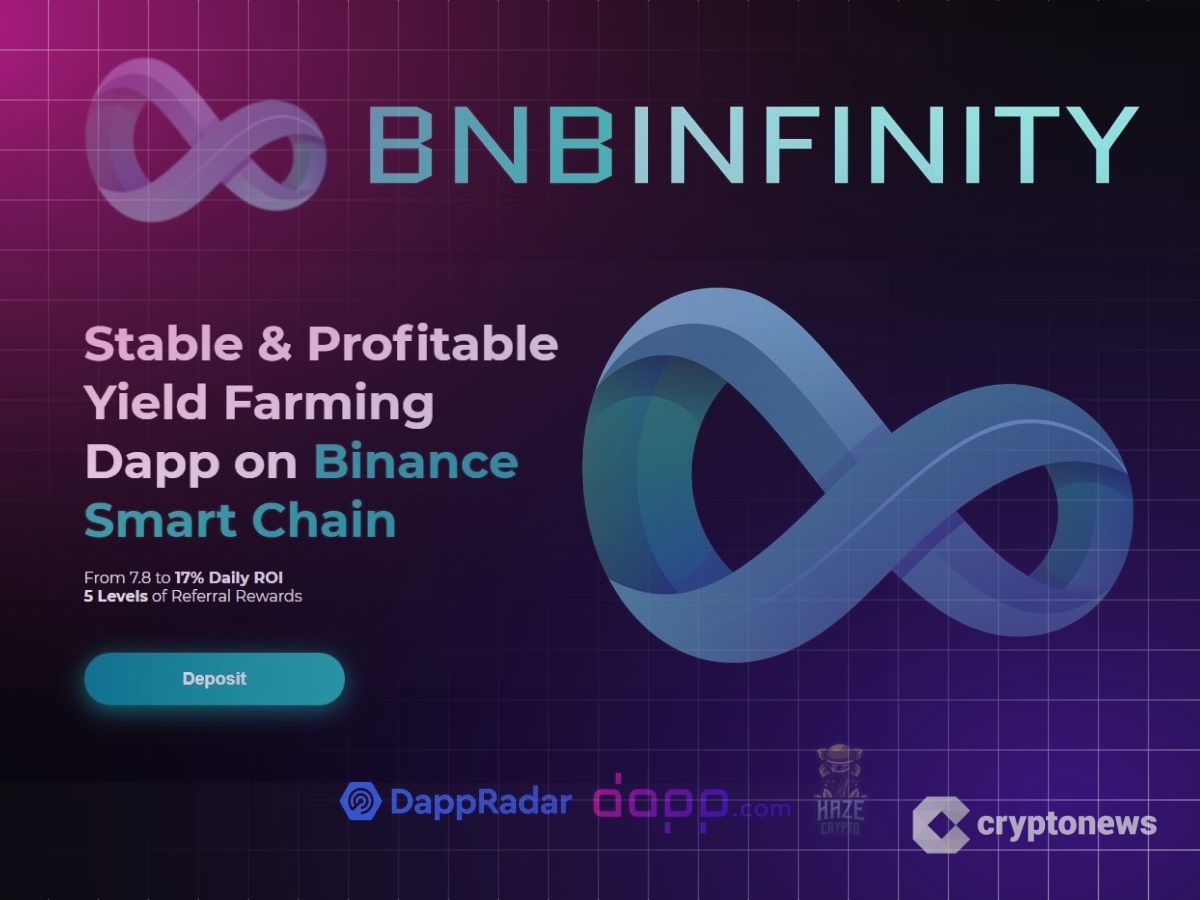In a world where mobile-first is no longer a trend but a default, the demand for faster, scalable, and cost-effective app development has reached an all-time high. As businesses race to meet user expectations across platforms, one technology continues to dominate the conversation — Flutter.
Originally released by Google in 2017, Flutter has grown from a promising toolkit to a game-changer in mobile development. But what does the future look like through the lens of those who use Flutter daily? We asked flutter experts and analyzed real-world applications to understand where things are heading.
Cross-Platform Isn’t Optional Anymore
Flutter’s ability to build apps for iOS, Android, web, and even desktop — from a single codebase — has become a strategic advantage for startups and enterprises alike.
“Time-to-market is critical. Flutter helps us cut development cycles in half while maintaining a native-like performance.”
— Senior Mobile Architect, Fintech Startup
As companies streamline resources and shift to leaner teams, choosing a framework that scales across platforms is becoming the norm — not the exception.
UI/UX is Everything
Modern users expect sleek, responsive interfaces with smooth animations. Flutter’s layered architecture and customizable widgets make it ideal for pixel-perfect designs.
“Designers love how Flutter translates vision into code — without compromise. We can ship MVPs that feel polished from day one.”
— Lead Product Designer, Healthtech Company
Flutter’s rendering engine ensures consistency, which means users get the same visual experience regardless of their device.
The Flutter Ecosystem Is Maturing
The introduction of Flutter 3.x has significantly improved performance and tooling. Packages like Riverpod, GoRouter, and tools like FlutterFlow and Codemagic are helping developers build faster, smarter, and with fewer bugs.
“You don’t just get a toolkit — you get a growing ecosystem of packages, community support, and integrations with Firebase, Supabase, and more.”
— Freelance Flutter Consultant
We’re also seeing the rise of Flutter Web and Flutter for Desktop, opening new possibilities beyond mobile.
AI + Flutter = The Future
With Generative AI taking center stage, mobile developers are integrating models like GPT and BERT to create smarter, more personalized apps. Flutter’s flexibility makes it easier to inject AI into both front-end interfaces and backend logic.
“The next wave of mobile apps will be intelligent by default. Flutter gives us the agility to experiment with AI without rebuilding our entire stack.”
— Co-founder, AI SaaS Startup
What’s Next?
From startups launching MVPs to enterprises scaling globally, Flutter continues to gain ground. And as Google pushes the framework further, it’s safe to say:
✅ Faster development cycles
✅ Unified design across platforms
✅ Growing AI integrations
✅ Community-powered innovation
These are not just features — they’re the foundation of future-ready mobile applications.
Final Thoughts
Whether you’re building your first app or planning a digital transformation, Flutter gives you the tools to do more with less — without compromising on quality.
Ready to future-proof your mobile product?
Partner with experts who don’t just build apps — they build experiences that last.




